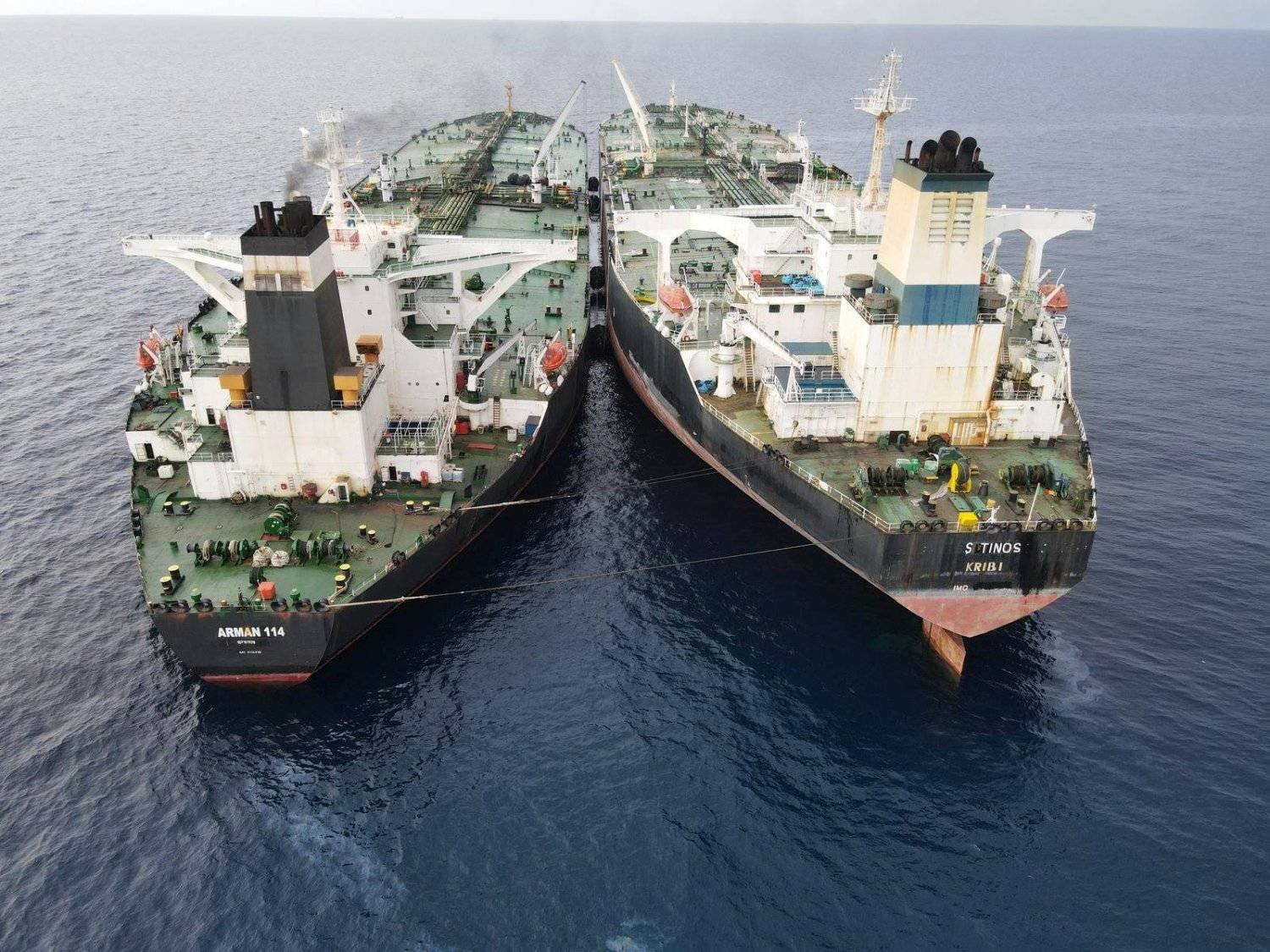The British government waited too long to impose a lockdown in the early days of the COVID-19 pandemic, missing a chance to contain the disease and leading to thousands of unnecessary deaths, lawmakers concluded Tuesday in a hard-hitting report.
The deadly delay resulted from ministers’ failure to question the recommendations of scientific advisers, resulting in a dangerous level of “groupthink” that caused them to dismiss the more aggressive strategies adopted in East and Southeast Asia, according to the joint report from the House of Commons’ science and health committees.
It was only when Britain’s National Health Service risked being overwhelmed by rapidly rising infections that Prime Minister Boris Johnson’s Conservative government finally ordered a lockdown in late March 2020, reported The Associated Press.
“There was a desire to avoid a lockdown because of the immense harm it would entail to the economy, normal health services and society,’’ the report said. “In the absence of other strategies such as rigorous case isolation, a meaningful test-and-trace operation, and robust border controls, a full lockdown was inevitable and should have come sooner.’’
Cabinet minister Stephen Barclay defended the government's response, saying “decisions were taken on the evidence and the scientific advice at the time.”
“It was an unprecedented pandemic. We were learning about it as we went through, and of course with hindsight, there’s things we know about it now that we didn’t know at the time,” Barclay told British broadcaster Sky News.
The UK parliamentary report comes amid frustration with the timetable for a formal public inquiry into the government’s response to COVID-19, which Johnson says will start next spring.
Lawmakers said their inquiry was designed to uncover why Britain performed “significantly worse” than many other countries during the early days of the pandemic. Britain has recorded more than 137,000 coronavirus deaths, the highest toll in Europe after Russia.
The 150-page report is based on testimony from 50 witnesses, including former Health Secretary Matt Hancock and former government insider Dominic Cummings. It was unanimously approved by 22 lawmakers from the three largest parties in Parliament: the governing Conservatives and the opposition Labor Party and the Scottish National Party.
The committees praised the government’s early focus on vaccines as the ultimate way out of the pandemic and its decision to invest in vaccine development. These decisions led to Britain’s successful inoculation program, which has seen almost 80% of people 12 and over now fully vaccinated.
“Millions of lives will ultimately be saved as a result of the global vaccine effort in which the UK has played a leading part,” the committees said.
But they also criticized the government’s test-and-trace program, saying its slow, uncertain and often chaotic performance hampered Britain’s response to the pandemic.
The government’s strategy during the first three months of the crisis reflected official scientific advice that widespread infection was inevitable given that testing capacity was limited; that there was no immediate prospect for a vaccine; and the belief that the public wouldn’t accept a lengthy lockdown, the report said. As a result, the government sought merely to manage the spread of the virus, instead of trying to stop it altogether.
The report described this as a “serious early error” that the UK shared with many countries in Europe and North America.
“There was a groupthink that the way you tackle a pandemic should be similar to a flu pandemic," Jeremy Hunt, a former British health minister who now heads Parliament’s health committee, said. "I was part of that groupthink, too, when I was health secretary. ”
Hunt said that before the coronavirus hit, “an American university said we were the second-best prepared country in the world” for a pandemic.
“We know that clearly wasn’t the case,” he said.
Trish Greenhalgh, a professor of primary care health services at the University of Oxford, said the report “hints at a less-than-healthy’’ relationship between government and scientific bodies. With COVID-19 still killing hundreds of people every week in Britain, advisory committees continue to debate exactly what evidence is “sufficiently definitive” to be considered certain, she said.
“Uncertainty is a defining feature of crises,’’ Greenhalgh said. “Dare we replace ‘following the science’ with ‘deliberating on what best to do when the problem is urgent but certainty eludes us’? This report suggests that unless we wish to continue to repeat the mistakes of the recent past, we must.”
Even senior officials like Cummings and Hancock told the committees they were reluctant to push back against scientific consensus.
Hancock said as early as Jan. 28, 2020, he found it difficult to push for widespread testing of people who didn’t show symptoms of COVID-19 because scientific advisers said it wouldn’t be useful.
“I was in a situation of not having hard evidence that a global scientific consensus of decades was wrong but having an instinct that it was,” he testified. “I bitterly regret that I did not overrule that scientific advice.”
















